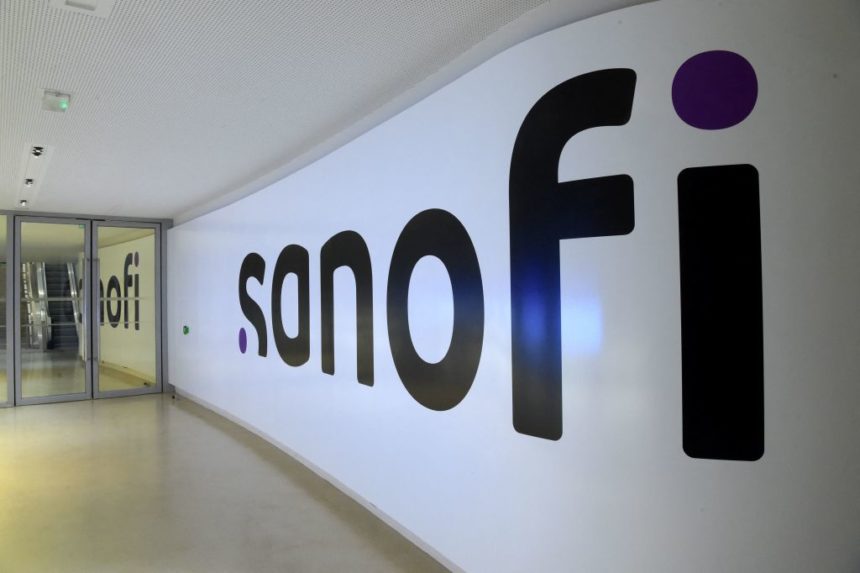Sanofi recently launched a global program to support employees whose lives are impacted by cancer and certain other illnesses.
The program, announced Monday, secures the job, salary and benefits of any employee for up to a year after diagnosis, no matter the role or geographical location. In addition to financial perks, the benefits span social and emotional, as well.
“It looks after the full ‘360 experience’ of an individual,” said Raj Verma, Sanofi’s chief diversity, culture and experience officer. “And that’s really important.”
Indeed, the salary protection and other aspects of the program, dubbed “Cancer & Work: Acting Together,” were almost the “easy bit,” noted Verma. The more complicated part involved “making sure that we created a place of safety in Sanofi. That’s why we built a program around affinity groups.”
To a large extent, these are designed to destigmatize cancer in the workplace. Research in the E.U. shows that cancer is associated with the highest risk of job loss. That stat isn’t lost on employees. Roughly half of people who receive a cancer diagnosis are frightened to tell their workplace.
“It’s human nature sometimes to fear that,” noted Verma. “We want to break that. We want to create a place where people feel it’s okay to share.”
The French drugmaker aims to train a global network of affinity groups to provide these safe spaces. Managers will be trained to understand the challenges their team members may be facing and ensure Sanofi employees facing cancer know how best to approach them for reassurance and support.
Sanofi isn’t starting from scratch in that regard. It’s following a model that its own employees pioneered in France in 2017, joining the Cancer and Employment Charter.
The volunteers first created a space for affected employees to share their experiences, ask questions and hear from colleagues who had been through similar situations and found ways to reconcile work and illness. They also developed the mix of support affected employees receive.
The French program has since grown to a network of 27 partner teams with one team at each of the firm’s sites in the country. The groups can be called upon at any time — when learning the diagnosis or during treatment, work sabbaticals, the return to work or in the years that follow.
As Sanofi scales the program, said Verma, “We have learned from what we did in France.” Efforts are underway to train employees as counselors so they can support people going through similar experiences. The company is also creating signposts so people know whom they can speak to in confidence, whether they’re patients, caregivers, managers or colleagues.
The Cancer & Work program is part of a suite of integrated, cross-company efforts to keep building a culture of inclusion and attract prospective employees. Two years ago, the drugmaker piloted a parental leave benefit whereby all employees are entitled to 14 weeks of full pay anywhere in the world.
Last year, while attending a summit in Davos, CEO Paul Hudson signed the Working with Cancer Pledge, initiated by Paris-based advertising holding company Publicis Groupe. Sanofi is also one year into a global initiative, “A Million Conversations,” designed to rebuild trust in healthcare among underrepresented communities.
“The work that we are doing is not about bolting things on; it’s about building them in,” explained Verma. “One of the things that we’re trying to do in Sanofi is to do things in the right way so they’re sustainable.”
Obviously, supporting employees facing cancer also aligns with the company’s healthcare mission.
“It’s important that we see the person as a whole individual,” Verma summed. “Most organizations have latched onto the fact that people don’t leave their lives at home. We knew this from years and years ago, but COVID-19 has accelerated that awareness.”







